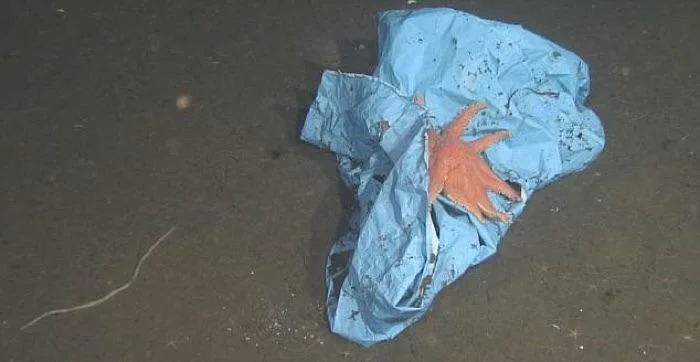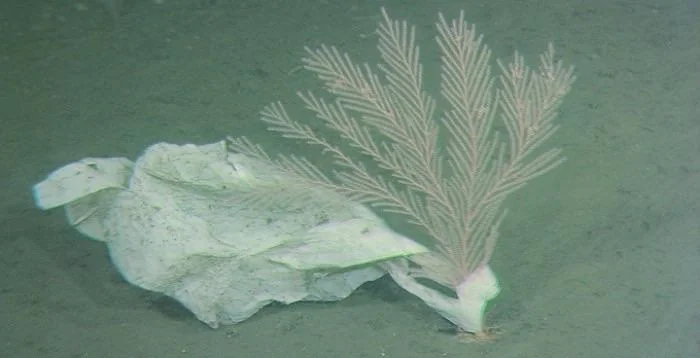The Mariana Trench, the deepest known point of the Earth’s oceans, is a remote and extreme environment where immense pressures make human survival impossible without advanced technology. However, recent findings reveal that even this seemingly untouched habitat is not immune to human influence.

Discovery of Human Debris
Japanese scientists and international researchers have documented disturbing evidence of plastic pollution and other human-made debris at depths nearing 36,000 feet. Using advanced submersibles and remotely operated vehicles, researchers identified:
- Over 3,000 pieces of debris, with 90% consisting of single-use plastics such as grocery bags.
- Items including metal, rubber, and cloth, showcasing the variety of waste reaching these depths UNEP – UN Environment Programme
Impact on Marine Life
The debris introduces severe threats to marine ecosystems:
- Entanglement and Ingestion: Marine species like turtles often mistake plastics for food, leading to fatal outcomes.
- Microplastic Pollution: Plastics degrade into microscopic particles that enter the food chain. Plankton ingest these particles, which are then consumed by fish, seabirds, and humans, spreading toxic substances across trophic levels.
- Ecosystem Disruption: The slow-growing and highly sensitive deep-sea ecosystems are particularly vulnerable to the toxic effects of plastic, threatening biodiversity and ecological balance.
Longevity of Plastic Pollution
The conditions of the deep sea, including low temperatures and high pressures, slow the degradation of plastic, allowing it to persist for thousands of years. This means the waste we discard today could impact marine environments for millennia.

Call to Action
The findings serve as a stark reminder of humanity’s far-reaching impact on the planet. To address this growing crisis, researchers and conservationists are calling for:
- Enhanced waste management systems to prevent plastics from reaching waterways.
- Global efforts to reduce single-use plastics and promote sustainable alternatives.
- Increased monitoring of deep-sea ecosystems, coupled with international policies to protect vulnerable marine habitats Earth.com
The haunting discovery in the Mariana Trench underscores the urgent need to address pollution at all levels, ensuring even the most remote ecosystems are protected from humanity’s waste.
